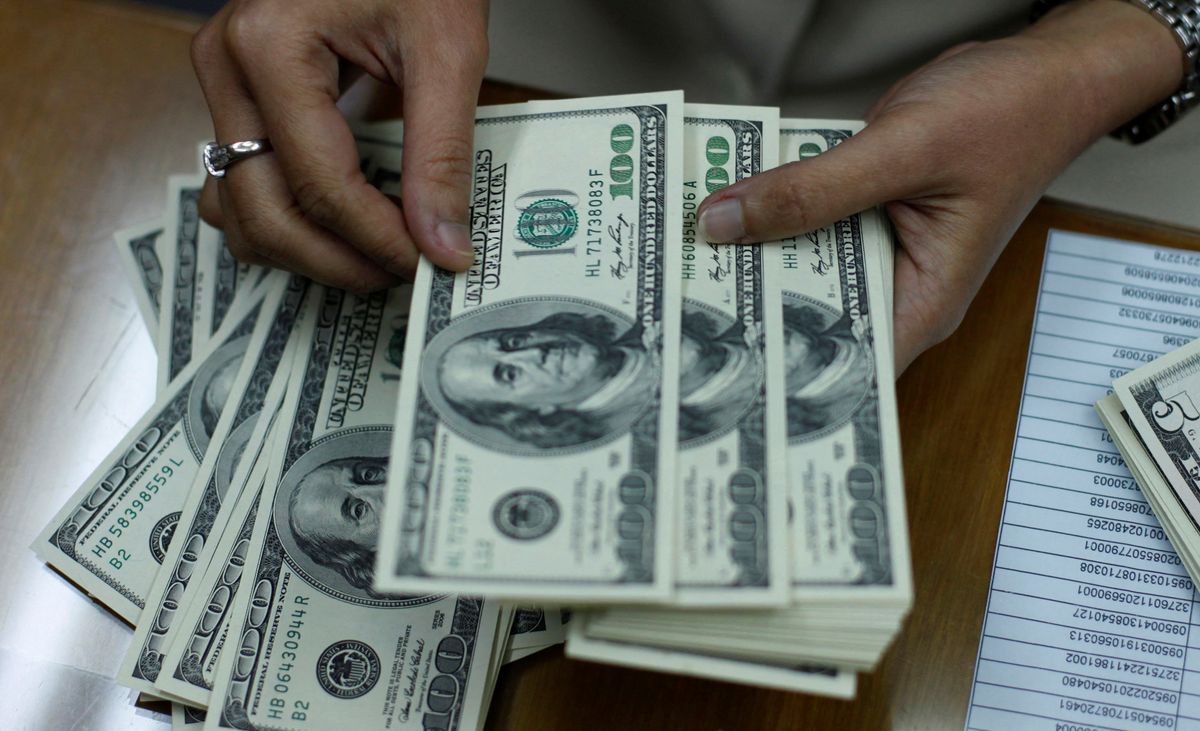Global wealth worldwide falls for the first time since The Great Recession in 2008
According to a recent report from Credit Suisse, the total money owned by households around the world went down last year for the first time since the crisis in 2008.

A few minutes every morning is all you need.
Stay up to date on the world's Headlines and Human Stories. It's fun, it's factual, it's fluff-free.
The backstory: Back in 2008, the world was hit by a major financial crisis now known as “The Great Recession.” It all started when the US housing bubble burst, which spread financial trouble throughout the global banking system, and many economies started going into recessions. On top of that, people started losing their jobs, businesses were shutting down and the value of things dropped. It lasted for about 18 months until things started getting better in June 2009. The money markets improved, and things like houses became more valuable, so things were looking up.
The development: According to a recent report from Credit Suisse, the total money owned by households around the world went down last year for the first time since the crisis in 2008. The total net private wealth fell by US$11.3 trillion to US$454.4 trillion, which is down 2.4%. Most of this decline was in North America and Europe, and a lot of blame can be put on the increased value of the US dollar compared to other currencies. The number of millionaires also decreased, dropping by 3.5 million to about 59.4 million people, which reduced the overall wealth inequality.
The study found that some places actually saw wealth growth, though. Even with sanctions, Russia managed to make more money. The country added 56 new millionaires last year. Latin America also saw a wealth increase, according to the report.
Now, let's talk about specific countries. Some did really well in making more money per adult, like Norway, Singapore and the United Arab Emirates. On the other hand, Sweden, New Zealand, Australia and Canada had the biggest drops.
Some experts think this dip might just be a hiccup when it comes to the bigger picture, though. They’ve predicted that by 2027, the world's wealth will go up by US$629 trillion, which is a 38% increase. And the number of millionaires might jump to 86 million, up from around 60 million in 2022.
Key comments:
“Wealth evolution proved resilient during the Covid-19 era and grew at a record pace during 2021. But inflation, rising interest rates and currency depreciation caused a reversal in 2022,” said Nannette Hechler-Fayd’herbe, the global head of economics and research at Credit Suisse, which was acquired by UBS earlier this year.
"The recent USD strength is largely driven by increased safe-haven demand in view of 'unknown unknowns,'" said Esther Reichelt, currency strategist at Commerzbank, in May. "How severe are vulnerabilities in US regional banks, and what might be the fallout of an escalation in the US debt ceiling conflict?"
“A more detailed examination shows that financial assets contributed most to wealth declines in 2022 while nonfinancial assets (mostly real estate) stayed resilient, despite rapidly rising interest rates. But the relative contributions of financial and non-financial assets may reverse in 2023 ifhouse prices decline in response to higher interest rates,” wrote the report.




Comments ()